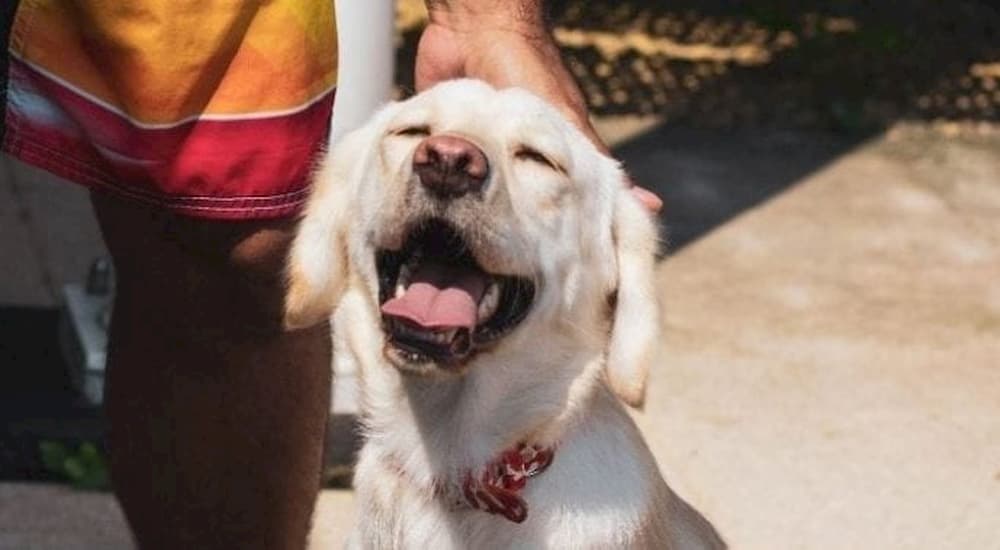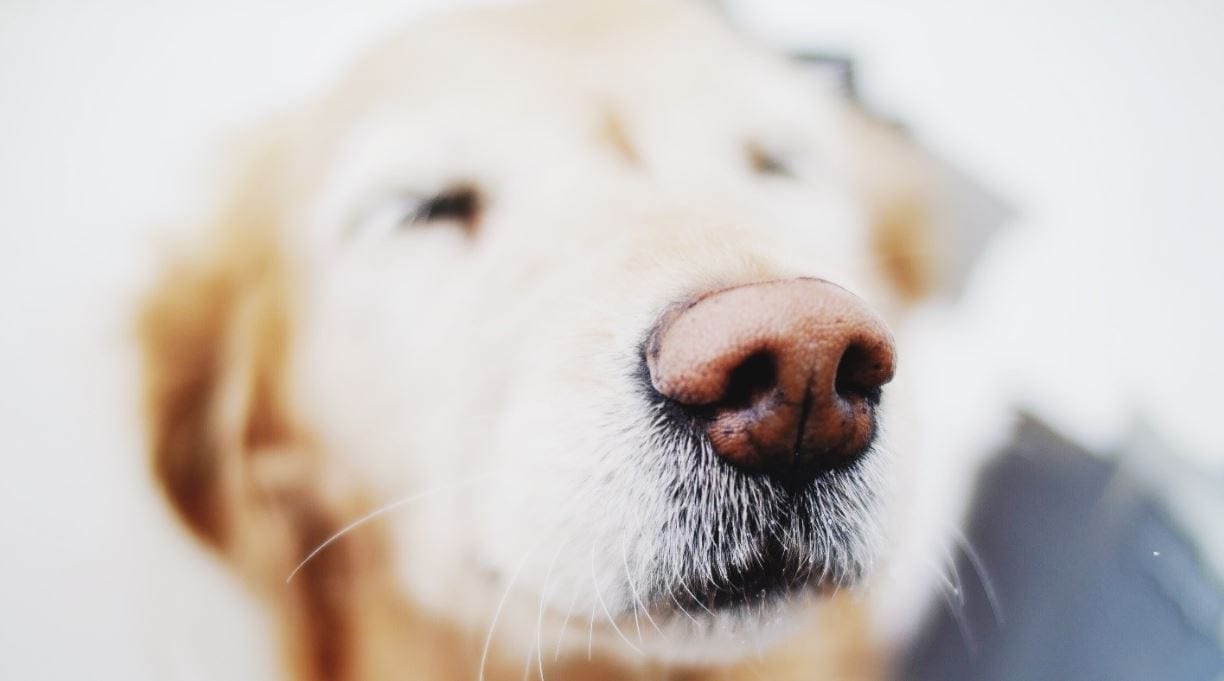Why Get Pet Insurance
Terms and definitions are not always clear-cut in the insurance world. Some companies purposefully make their plans confusing so they can oversell policies but underdeliver on coverage.
Luckily, we’re here to change that.
Prudent Pet is committed to making dog insurance and cat insurance simple to understand — from the most basic insurance terms to complicated and wordy policy coverage.
Understanding Insurance
When it comes to buying insurance, you should always know exactly what you’re getting.
At Prudent Pet, we pride ourselves on being transparent with our community; that’s why we listed and defined the insurance terms used on our site.
Below are explanations of prevalent words and phrases you may encounter during the Prudent Pet quoting experience. Keep in mind these are not exact definitions, but details of what each phrase may mean in the context of pet insurance.
Policy: Also referred to as a plan, a policy is a contract between an individual and their provider detailing the terms of the insurance.
Policyholder: A person or persons who owns an insurance policy and can exercise all privileges under the contract of insurance.
Coverage: The amount of financial protection for an individual issued by their insurance provider in the event of unexpected circumstances.
Deductible: The amount you will pay for covered medical services before your insurance plan starts to pay.
Reimbursement: Policyholders first pay costs out-of-pocket and then are reimbursed for the covered loss by the insurer. The higher the reimbursement, the more money you receive back after paying costs.
Annual Limit: This amount is a cap on benefits or the highest amount the insurance company will pay in a single year when you’re enrolled in a plan.
Waiting Period: The window of time between a new insurance policy’s date of purchase and when the policy is in effect. Incidents that occur during this time cannot be claimed.
Accident Insurance: Insurance that reimburses costs for certain accidental injuries or death.
Illness Insurance: Insurance that reimburses costs for certain hereditary and non-hereditary illnesses or death.
Condition: A condition refers to all diseases, lesions, disorders, or affliction that normally receives medical treatment that may or may not be covered by insurance.
Preventive Care: Sometimes called preventative, preventive care is any treatment or medicine designed to stop disease and other ailments before they have occurred.
Pre-Existing Condition: A condition that has previously been recorded and/or treated by a medical professional.
Hereditary Conditions: Genetic disorders inherited by a pet, often related to specific breeds.
What Is Covered with Pet Insurance?
To better understand what is and isn’t covered with Prudent Pet, we’ll compare the dog insurance policies of two Labrador Retrievers.
Buster is a six-year-old Lab covered with an Accident + Illness policy. Buster’s parents chose this plan to help ease the burden of medical costs as their pup ages.
Buster’s plan has a $250 deductible with 90% reimbursement and unlimited annual payout.
Buster’s parents also purchased a Prime Preventive add-on.
Muffins is a two-year-old Lab with an Accident-Only policy. Her parents know she’s mischievous, but assume she is healthy because of her age.
Muffins’ plan has a $250 deductible with 90% reimbursement and a $5,000 annual payout.
Muffins’ parents also purchased a Basic Preventive add-on.
Although Prudent Pet insures both dogs and cats, we’re using Buster and Muffins as examples so you can more accurately compare our policy coverages.
The following examples will generally apply to cats, but note that coverages and conditions may be different for felines.
Accident Coverage
Pets are mischievous. They chew on socks, lick crumbs from your plate, and will eat almost anything in the yard. While pets are curious by nature, they aren’t always the ones to blame when problems arise.
Accidents happen, and although you can’t plan for the unexpected, you certainly can prepare for it.
No matter how many accidents Buster has, his parents know they will always receive reimbursement because Buster’s policy has unlimited annual payouts.
Muffins’ parents know their policy only pays out $5,000 annually. If Prudent Pet pays $5,000 worth of expenses for Muffin in under a year, her parents will have to pay remaining costs out of pocket until her policy renews.
Remember: Similar to people’s health insurance; you must meet your deductible first before receiving 90% reimbursement for accident-related medical costs. Conditions must take place outside of the 14-day waiting period after purchasing a policy.
Illness Coverage
Animals can get sick from several sources: sharing a kennel with another sick pet, food or environmental allergies, and even hereditary illnesses that can arise after being dormant.
Pet parents don’t want to plan on their pals getting sick. But sickness and hereditary conditions are real and can happen at any time.
Buster’s parents have peace of mind knowing they can receive unlimited annual payouts for Buster’s illnesses.
Muffins’ parents will not receive any reimbursement if she requires treatment for any illness.
Don’t Forget: You must meet your deductible first before receiving 90% reimbursement for illness-related medical costs. Conditions must take place outside of the 14-day waiting period after purchasing a policy.
Optional Preventive Care Coverage
No one wants a sad and suffering pet. So how can you stop it from happening in the first place?
You can’t dodge every obstacle, but there are measures you can take to avoid specific ailments. For a little more cost, you can add either Basic or Prime Preventive Care options to your Prudent Pet policy.
Good news: Preventive Care payments are based on a schedule, so there is no waiting period and no deductible for Prudent Pet Preventive Care!
Pre-Existing Conditions Coverage
First things first: no pet insurance company in the United States covers pre-existing conditions. However, many providers will treat a pre-existing condition after a certain amount of time if it has previously been cured and/or untreated, and pet insurance companies have different definitions for pre-existing conditions.
Most leading pet insurance providers require a condition to be untreated for one year for it not to be considered pre-existing.
Prudent Pet considers pre-existing conditions as new occurrences if they’ve gone free from treatment and symptoms for 180 days. This is referred to as cured condition eligibility. However, this does not apply to knee and ligament conditions. If a knee or ligament condition occurs before the coverage effective date or during a waiting period, any future ones won’t be covered.
So if your pet suffered from a condition prior to being insured but was cured and untreated for at least 180 days, it is no longer a pre-existing condition.
What We Don’t Cover
Similar to homeowners, auto, and people’s health insurance, there are certain things pet insurance cannot and will not cover.
For a full list of exclusions see our sample policy.
Choosing the Perfect Coverage
You now understand what Prudent Pet insurance covers, so why wait? Take the next step toward a happy and healthy life with your furry friend.
Receive a free pet insurance quote for your dog or cat today!





